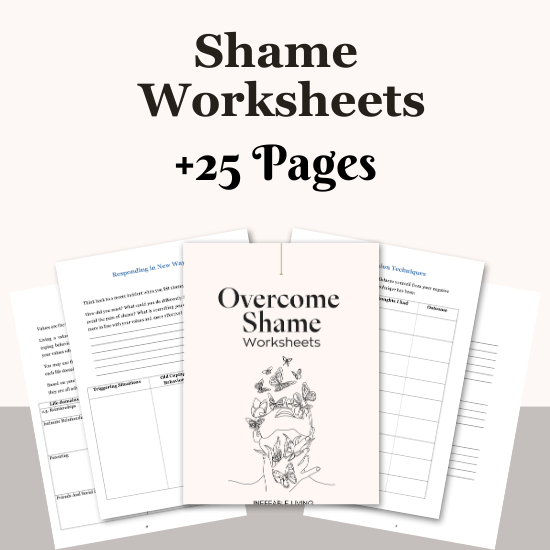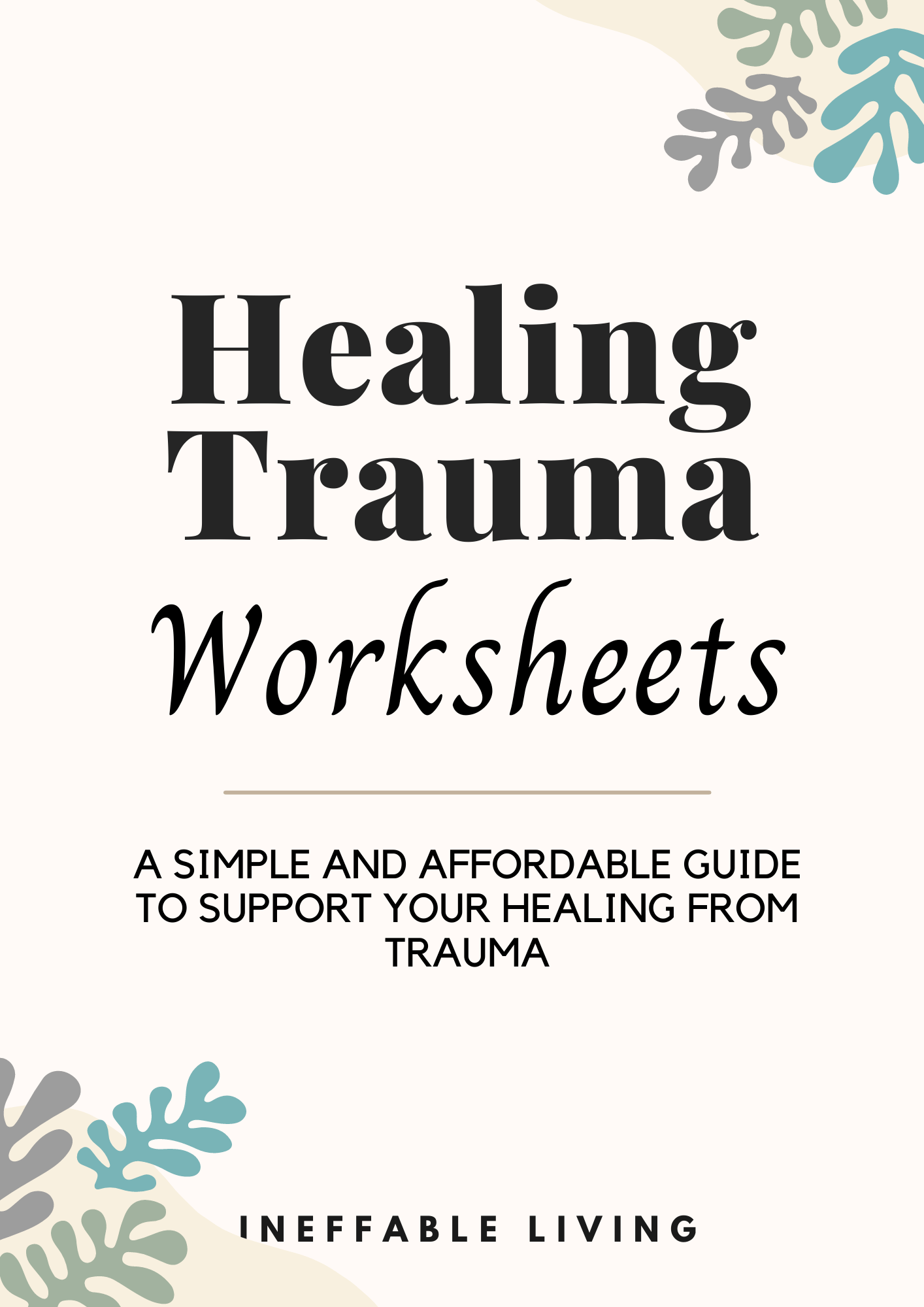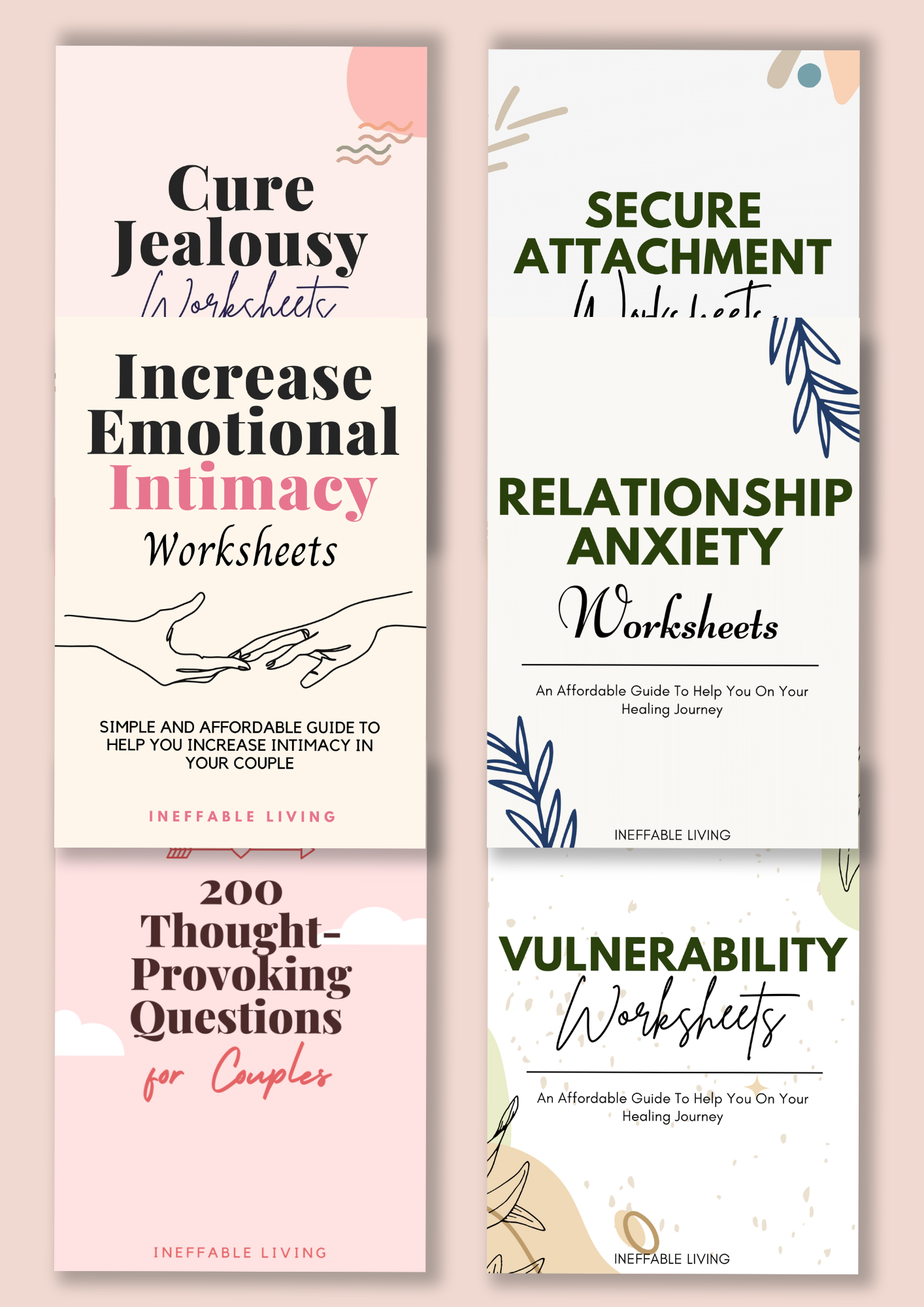1. Reflect on moments in your life when you have felt shame. What events, circumstances, or interactions triggered these feelings, and how did they manifest in your thoughts and emotions?
2. Consider the messages or beliefs about yourself that may be connected to your experiences of shame. How have these internalized narratives impacted your self-perception and sense of worth?
3. Explore any patterns or themes in the situations that evoke shame for you. Are there common triggers or underlying fears that contribute to these feelings?
4. Reflect on the physical and emotional sensations that accompany your experiences of shame. How does shame show up in your body, and what thoughts or self-talk arise during these moments?
5. Consider the impact of cultural or societal expectations on your experiences of shame. How do societal norms and values influence your relationship with shame, and how can you navigate these influences with compassion and understanding?
6. Reflect on the connection between shame and vulnerability. How does allowing yourself to be vulnerable create space for healing and transformation in relation to shame?
7. Explore the role of self-compassion in addressing feelings of shame. What practices or affirmations can you incorporate to nurture self-compassion and counteract self-criticism?
8. Consider the possibility of releasing shame through self-forgiveness. How can engaging in forgiveness, both for yourself and potentially for others, contribute to a sense of liberation from shame?
9. Reflect on the potential for growth and resilience that arises from navigating experiences of shame. How can you reframe shame as an opportunity for self-discovery and healing?
10. Imagine a future in which shame has less power over you. What shifts in perspective, self-talk, and emotional responses would characterize this empowered state, and what steps can you take to work towards it?
Shame Worksheets





